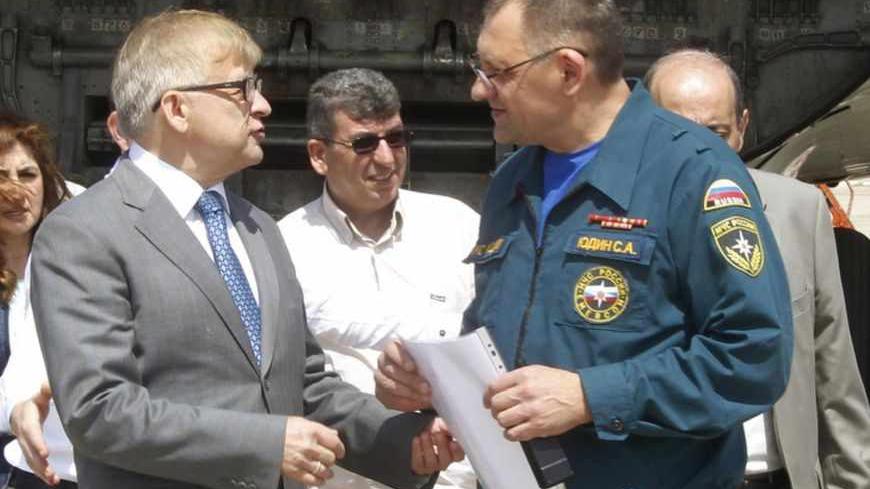While the “hot war” appears to be returning to both sides of the 38th parallel on the Korean Peninsula some 50 years after the end of open hostilities there, the Cold War has returned in full force to Beirut. It needs only a Lebanese Berlin Wall, and some believe that that day is not so far away. If not erected in the heart of the Lebanese capital, then it will rise in the heart of the Middle East, the whole of which stands on the brink of falling to pieces under the strains of this new East-West conflict.
Among seasoned observers of Lebanese affairs, few have forgotten the name Alexander Soldatov, the last Soviet ambassador to Lebanon. Soldatov was, in his day, more than an ambassador, playing any number of roles in the politics of modern Lebanon, including in the realms of intelligence and security and even in the electoral arena. This was especially so during the Lebanese civil war, from 1975 to 1990, some quarter of a century ago. After that, Russian ambassadors came and went, passing through the Lebanese capital, leaving no noteworthy impact on events or the country's conflicts until the current ambassador, Alexander Zasypkin, arrived and soon after the Syrian civil war erupted.



